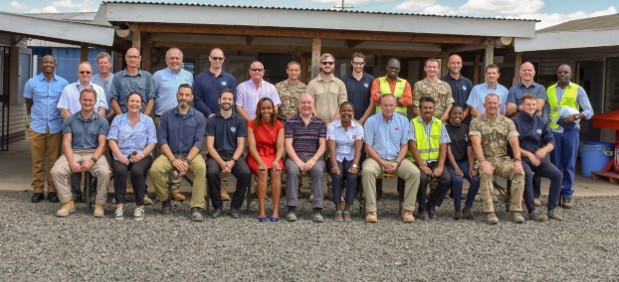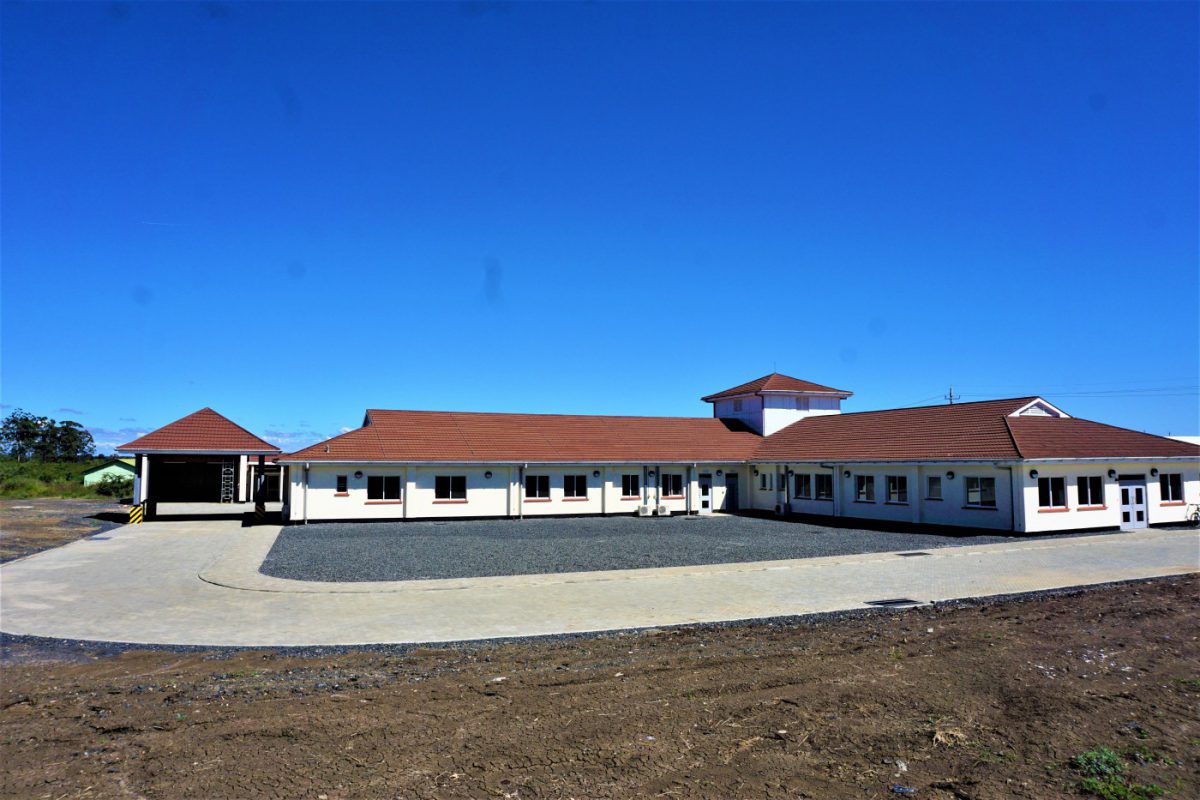In 2016 Tetra Tech (former WYG) was asked by DIO to support them on the delivery of project BATUK in Kenya.
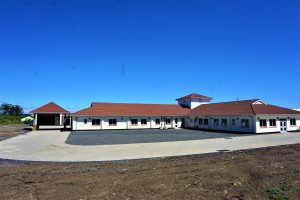
BATUK is a key strategic training estate in rural Kenya as part of the UK MOD overseas infantry training facility and joint agreement between UK and Kenya.
The Tetra Tech (former WYG) team responsible for the delivery are mainly based out of the Leeds office and were chosen to be part of the team to deliver this complex project which was integral to the Army’s overseas training estate.
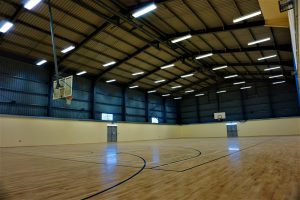
The Tetra Tech team comprised of 15 fulltime personnel and over 50 personnel attended the project. Of which 20, including the Project Director and Project Managers are Leeds based working on a 10/3 rotation. We worked with Army representatives in country, MOD personnel in the UK and local contractors. We had to balance different time zones, local working practices, cultures and languages within the context of delivering a compliant training estate to UK H&S and Building Regulations. The only way to successfully deliver was to fully integrate into the project.
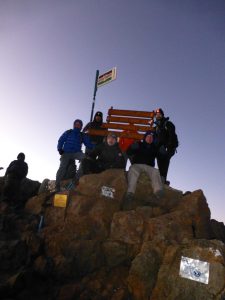
Phase 2A started in 2014 with a completion date of 2016 and phase 2B, separately tendered, was to be completed by 2018. Due to many factors in the original delivery model, Phase 2A overran by 3 years to 2019. To ensure Ph2B did not follow the same challenges, LFE was implemented from the outset to share the experiences.
We were responsible for overseeing design and construction and making sure it was compliant whilst driving the programme using local labour to build the facilities. We quickly established team ethos and in doing so, we took a mentoring approach with our local workforce and wider supply chains. This allowed capacity building with the contractors and upon successful delivery, a future model was created for the Kenyans to use. Technical innovation, mentoring Kenyan workforce to UK compliance through an integrated approach to delivery, has enabled local workforce to deliver a ‘one of a kind’ project, whilst leaving a legacy of skills and working practices enriching the knowledge of all local supply chains.
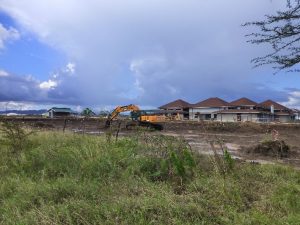
Without the levels of commitment by Tetra Tech and the collaborative approach to drive quality and construction programmes, the overall delivery would have been severely impacted and affected the future MOD training programmes.
Due to the delays early in the programme given the harsh environment, we recognised that an integrated and collaborative approach was required to drive programme and working relationships. We had to instil a different mindset to inject positivity back into the organisations involved. One of the ways we did this was collaboration outside of the project. Members of Tetra Tech, DIO and Contractors scaled Mount Kenya together. This teambuilding exercise allowed us to leave the pressures of the project behind and build different types of relationships to benefit the project delivery. This joint challenge typifies what can be achieved with great teamwork and encouragement between all involved.
Upon successful delivery in 2019, the project was awarded a Client Collaborative highly commended award.
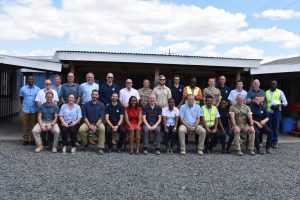
Key achievements
- The only fully UK complaint construction infrastructure in Kenya as part of the UK MOD Training Estate to optimise and enhance their ability to train in austere training environments.
- Through in-depth integration between organisations and mentorship, the project teams have left behind a legacy with local tradesmen that has improved their construction knowledge and ability, safety awareness and management outlook in delivering large scale projects. Circa 700 local tradesmen employed benefited from integration achieved through the project.
- Through a collaborative approach between all parties such as the Client, Consultants, Contractors and supply chains, the construction projects achieved handover that provided a flagship facility or the UK armed forces.
The facility provided a functional ‘Live, Work Train’ facility and enabled employment for local population to operate and maintain for many years to come.
The combined approach and transferring of skills between all organisations were demonstrated at handover with the quality project that was achieved.
